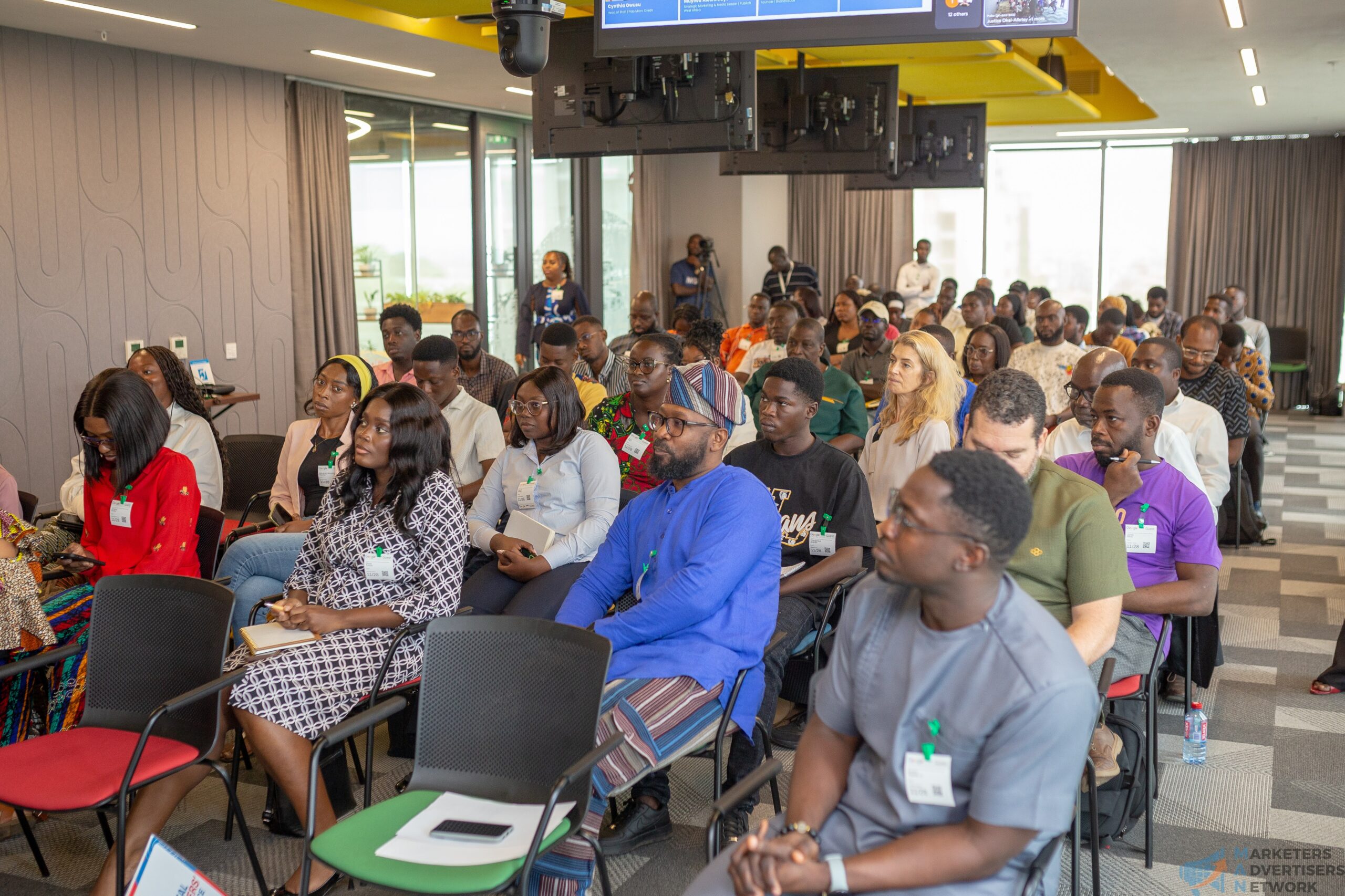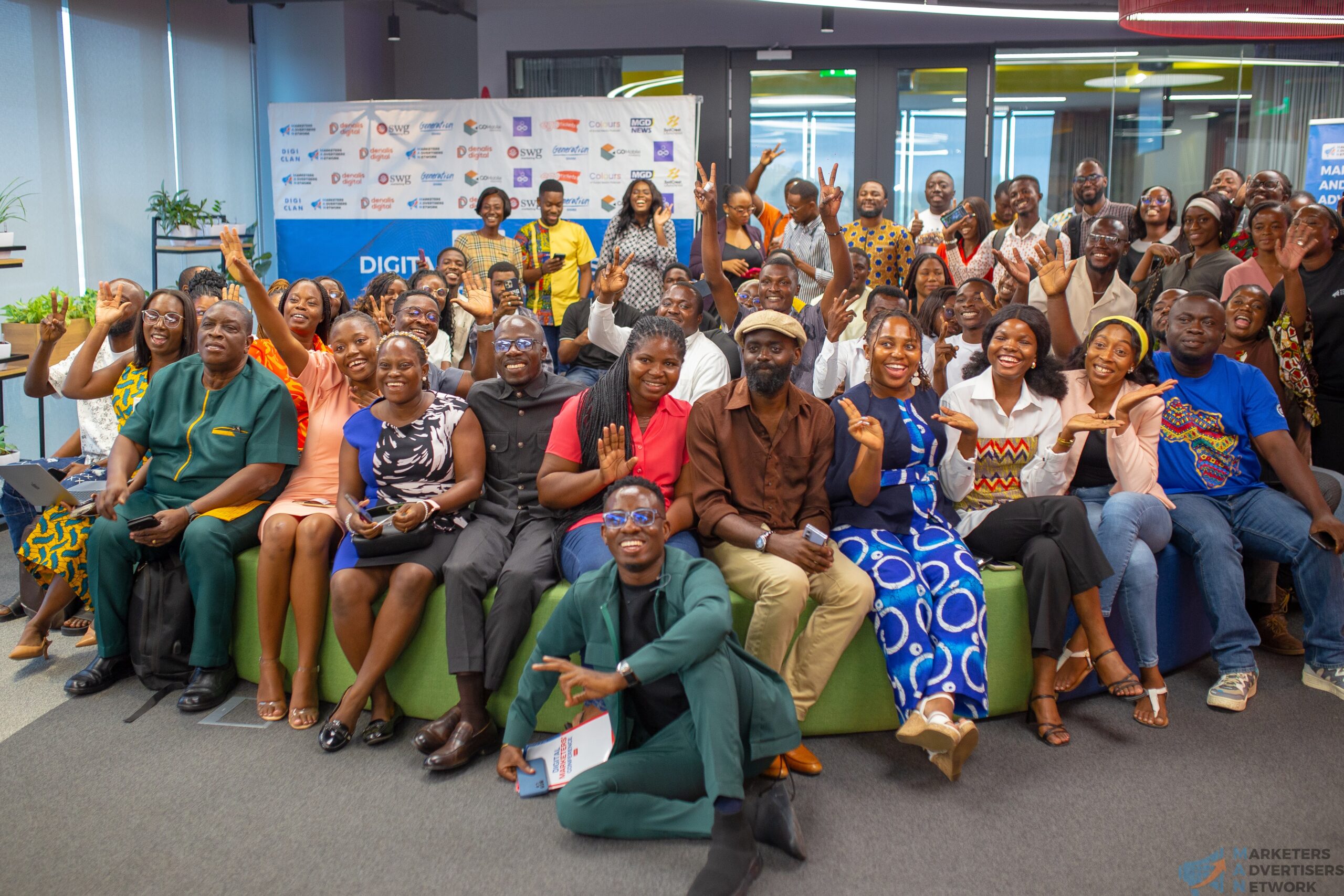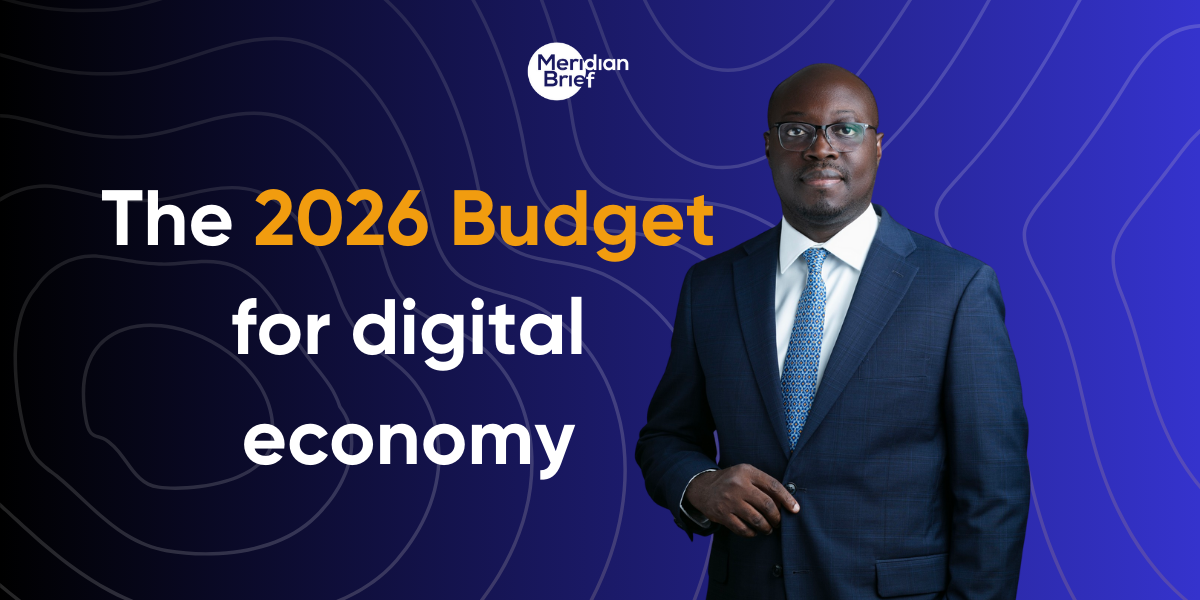In the past, a university degree or technical school certificate almost guaranteed a job. Now, with more young people achieving higher education, seven in ten young Ghanaians have secondary or post-secondary education.
The Job Market: Are GenZ Graduates Cooked?

Ghana’s job market presents a complex challenge for young people. While the economy grows, it does not create enough quality jobs. This mismatch is a serious problem. The official unemployment rate for youth (ages 15-35) stands at about 21.4%. This number is a good place to start, but it hides a bigger problem: underemployment and a large number of people who have stopped looking for work altogether. Many young Ghanaians end up in low-wage, unstable jobs in the informal sector, where there are no benefits or security.
This situation differs significantly from the experiences of previous generations. In the past, a university degree or technical school certificate almost guaranteed a job. Now, with more young people achieving higher education, seven in ten young Ghanaians have secondary or post-secondary education. The competition is fierce, and the link between a degree and a job is weak. Many graduates find themselves jobless or in roles that do not use their skills. This is the new normal.
Why This Is Happening: The Forces at Play

Two main forces shape Ghana’s job market: economic changes and a mismatch between skills and jobs. I am suspecting AI as well 🙁
1. A Changing Economy
Ghana’s economy is changing, but the growth is not benefiting everyone equally. The services sector is the largest and is growing fast, but the jobs it creates are often in low-skill, informal areas. The technology, financial, and manufacturing sectors are also growing, but they are not creating enough jobs to absorb the large number of young people entering the workforce each year. Furthermore, the most productive sectors like oil and mining are not labor-intensive; they do not require a large workforce to operate.
This leaves a gap. While the government has launched promising initiatives like the National Entrepreneurship & Innovation Programme (NEIP) and the new Youth Economic Inclusion through the Next Generation Local Economic Development (NGLED) program, the scale of these programs often falls short of the massive need. The focus is shifting towards private-sector-led growth, but the reality is that the private sector, especially small and medium-sized enterprises (SMEs), struggles with a lack of access to finance, which limits their ability to hire more people.
2. A Mismatch of Skills
The other major reason for the jobs problem is the skills mismatch. Ghana’s educational system, both formal and technical, has not kept up with the demands of modern industries. Students are learning what was relevant ten years ago, not what is needed today. Employers often say that graduates lack the practical skills and work-ready attitudes required to be effective from day one.
The TVET (Technical and Vocational Education and Training) sector, in particular, has suffered from a poor public image, fragmentation, and underinvestment. Despite government efforts to promote it, many young people and their parents still see a university degree as the only path to success. This perception is problematic because industries desperately need skilled plumbers, electricians, welders, and artisans with modern skills. The jobs exist, but the skilled labor is missing.
What You Can Do: A Practical Guide
Given these challenges, waiting for the system to change is not a smart plan. You must take control of your career. Here are three practical steps you can take right now.
1. Learn In-Demand Skills—Now.
The jobs of the future require skills that are often not taught in a traditional classroom. You must become a lifelong learner. Technology is at the heart of this. The digital economy is a fast-growing area, and it offers real opportunities.
- Learn a Specific Tech Skill: Do not just say you are “tech-savvy.” Learn a specific, valuable skill. In Ghana, there is a high demand for people with skills in data science, cybersecurity, cloud computing, and digital marketing. Start with free or low-cost online courses from platforms like Coursera, edX, and Udemy. For example, a course on Python or R can open doors to data analysis roles. A course on social media advertising can get you a job managing a business’s online presence.
- Embrace “Precision Quality” TVET: Do not dismiss vocational skills. A skilled artisan with modern knowledge and a professional mindset can earn more and have more job security than many graduates. Look for accredited vocational training programs that focus on quality and offer practical apprenticeships. Fields like electrical installation, welding, and plumbing are always in demand. Consider that the World Bank has identified agro-processing and tourism as key sectors with high employment potential, which require specific technical and soft skills.
2. Create Your Own Job.
The government and large companies will not hire everyone. You must seriously consider entrepreneurship. It is not about a fancy startup. It is about identifying a problem and offering a solution for a fee.
- Start Small: Begin by offering a service. If you learn digital marketing, offer to manage the social media pages for local businesses in your community. If you are good with your hands, start a small repair service. Use the skills you have or the skills you are learning.
- Use Available Resources: Ghana’s government offers support. The NEIP provides business development services, funding, and mentorship for young entrepreneurs. The NGLED program is a new initiative that will focus on supporting youth-led business cooperatives with startup capital and market access. You should follow these programs. Do your research, prepare a simple business plan, and apply.
3. Network and Get Experience.
In Ghana, who you know (much better, who knows you!) is often as important as what you know. You need to build a professional network and get experience, even if it is unpaid.
- Volunteer or Intern: Find a small business, a startup, or even an NGO in a field that interests you and offer to work for free for a few months. This is not about getting a paycheck immediately; it is about gaining practical experience, learning on the job, and making connections. A good internship is a direct path to a full-time job.
- Attend Industry Events: Follow companies and professional bodies on social media and attend their events, workshops, and seminars. This is an opportunity to meet people who work in your field of interest and learn what they do. Do not just stand in the corner; introduce yourself and ask thoughtful questions.
- Use Job Platforms: Do not rely on traditional methods. Use online platforms like Jobberman Ghana to search for opportunities and upload your CV. Also, explore platforms like LinkedIn to connect with professionals and follow companies. Many jobs are now advertised exclusively online.
The job market is a tough place, but it is not a dead end. By understanding the forces at play and taking proactive steps to acquire relevant skills and build your own opportunities, you can move from a passive job seeker to an active participant in your own career success. The power is in your hands.
Subscribe to MDBrief
Clean insights, a bit of sarcasm, and zero boring headlines.










